Page Contents
Vitamin C and colds: Can Ascorbic Acid Stop a Cold?
By Arturo Galindo, Cert. Nutritional Therapist
The use of Vitamin C and colds prevention is not new. Two Nobel Laureates and many other scientists and doctors think this is possible.
My family and I use enough ascorbic acid to stop the common cold on its tracks. No drugs and no harmful side effects.
In this article I explain how vitamin C can help your body prevent and stop colds and other viruses.
Also, I provide some steps to help you identify the first signs of a cold... and how to use enough ascorbic acid to protect your body.
We've prepared this short video for you. You'll learn what our site is about and how you can use this information to improve your health...
Subscribe and Get Our Free eBook!
 |
Important: Ascorbic acid or vitamin C is more than a vitamin. |
How long do you want your cold to last?
Enough vitamin C helps stop a cold before it starts. It's one of the great benefits of vitamin C.
Let me explain.
The common cold is a viral infection. It causes inflammation of the upper respiratory tract... nose, mucous membranes, sinuses and throat.
If you don’t treat it, a cold can become a flu, and even pneumonia. Other complications include bronchitis, sinus and ear infections, mastoiditis, and meningitis.
A cold can make your life miserable.
Now, do you want your cold to last 3 days or 10 days?
Taking enough vitamin C can be the difference between…
- Having a 10 day severe cold... or a 3 day mild cold
- Staying all day in bed... or still being able to do things and move around
- Feeling miserable... or feeling a little “under the weather”, slightly ill
Well, guess what?
It’s all under your control.
Vitamin C and colds prevention is possible but...
Your protection from colds increases with the amount of ascorbic acid that you take.
Why do you think animals don’t catch colds?
Because these animals all make ascorbic acid inside the body. This includes rats, mice, rabbits, cats and dogs.
And these animals make more ascorbic acid when sick.
But people do catch colds. And experts believe that most people can't make ascorbic acid in the body.
Isn’t this fact interesting?
Does it makes you wonder why you should not take more?
Vitamin C helps your body fight off colds by stopping the spreading of viruses and bacteria. Here's more information on .vitamin C and colds prevention.
Vitamin C and Colds: The Expert Opinion of Two Nobel Laureates
Dr. Linus Pauling is a two times Nobel Laureate and author of the book “Vitamin C, the Common Cold and the Flu”.
In his book, on page 61, he shares a personal letter he received from Dr. Albert Szent-Gyorgyi... another Nobel Laureate and discoverer of ascorbic acid.
Dr. Pauling asked Dr. Szent-Gyorgyi his opinion about ascorbic acid. This is part of the letter as quoted exactly in the book.
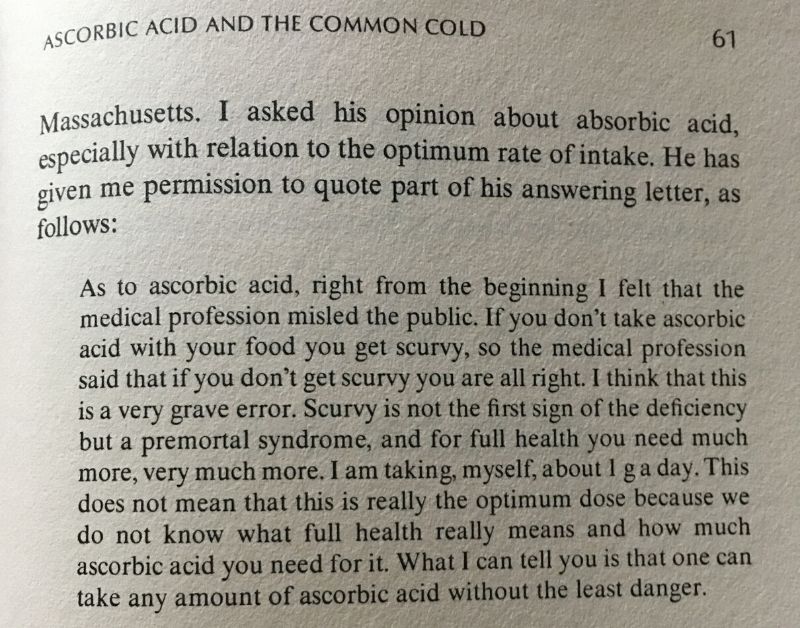
Steps to fight colds with vitamin C
Here’s what me and my family do when a cold is coming
- Identify the first signs of the cold - see list below.
- Take more vitamin C
- Take it in more frequent doses throughout the day
If you follow the steps above, usually by the third of fourth dose the virus inactivates. This means there are no more cold symptoms
Again, the most important thing on the use of vitamin C and colds prevention is this...
You must take enough and in frequent doses, as soon as you see the first signs.
Take a look at these vitamin C Common Cold Studies to find why this is critical.
What happens if you don't take enough?
The result is that ascorbic acid will provide you with less protection... and it will take longer for your body to stop the cold.
It’s as simple as that.
Your protection from colds increases with the amount of ascorbic acid that you take.
Detect early symptoms
Some of the early symptoms of colds are the following:
- You have attacks of sneezing
- Your throat itches or it feels rough
- Mucus comes out of your nose (nasal discharge)
- Your nose and sinuses are swollen (inflammation)
- You have headaches
- Your body shakes
So if you want to learn about vitamin C and colds prevention then take enough in frequent doses.
Keep reading to know how much.
What happens if you don’t control early symptoms?
Here's what may happen:
- Bacteria invades your nose and throat. There’s pus in mucus.
- Bacteria may spread to other parts. This include your sinuses, ears, tonsils, pharynx, larynx, trachea, bronchi, and the lungs
- You may have other complications such as mastoiditis, meningitis, pneumonia
In this case you’ll need to take much more vitamin C to fight the bacteria and protect your body.
Take More Vitamin C at the First Sign
All vitamin C experts agree that at the first sign of a cold you should take more vitamin C, in more frequent doses.
What happens when you do this?
You saturate your body with enough vitamin C that your body needs to fight the cold.
Why?
Because vitamin C is stress-responsive.
This means your body needs more under any type of emotional or physical stress... ... and catching a cold is a type of stress.
How much vitamin C do I take when a cold is coming?
I take about 2 grams of vitamin C every 3 hours as soon as I see the first signs.
I may take more, in more frequent doses, depending on the severity of the attack.
The result?
The last time a cold knocked me down was 6 years ago. For me, a cold now is nothing more than a day of feeling a little “under the weather”.
That’s it. No drugs, no harmful side effects.
Once you learn about vitamin C and colds prevention there's no going back.
Other things you can do to fight off colds
Here are some of the other things that are also important when fighting a cold the natural way.
- Rest in bed
- Drink plenty of water
- Eat well - plenty of fruits and veggies
- Avoid sugars as much as possible - e.g. dessert, cereals, bread, etc.
- Prevent anything that irritates your body - e.g. tobacco
What about food sources of vitamin C and colds prevention?
Is there enough vitamin C in food to fight a cold?
Ascorbic acid is an essential food, and so are amino acids, fats, minerals and vitamins.
If you have a poor diet and eat no vitamin C you’ll be sick and then die from scurvy.
Now, if you have very little vitamin C in your diet, you’ll avoid dying of scurvy or an extreme vitamin C deficiency.
But this small amount is most likely not what your body needs for the best of health.
Most vitamin C experts agree that most people need several grams per day.
So, can you get all the vitamin C you need from food to stop a cold?
Most likely not.
And this is the reason why most people need vitamin C supplements.
By the way, the ascorbic acid found in food is exactly the same substance found in supplements.
There's no difference. All vitamin C experts agree on this one.
Drugs and the common cold
Drugs are not a cure for colds, they ease the symptoms.
Here’s a list of some drugs used for colds:
- Aspirin
- Antihistamines
- Phenacetin
What’s the problem with drugs?
Drugs have side effects... and you never know when you'll get one.
For example, I got shingles as a side effect of using an allergy medication... and I treated it with enough vitamin C. This is my story with shingles.
What's the good news?
Enough vitamin C protects the body from toxins and harmful side effects from drugs.
Dr. Thomas Levy documents the evidence in his book “Curing the Incurable, Vitamin C, Toxins and Infectious Diseases”. His book has over 1,200 scientific references.
So, not only is the use of vitamin c and colds prevention possible, but vitamin C also protects you from toxins... and negative side effects of drugs. This is in case you decide to take them.
Also, Dr. Pauling concluded that ascorbic acid is better than any drug for fighting colds. This includes analgesics, antihistamines, and other dangerous drugs.
So do you think these experts know something about vitamin C and colds?
Should You Take More Vitamin C?
This is a question that only you can answer after you draw your own conclusions.
How much vitamin C should you take?
Depends on your current health and the doses of vitamin C that your body needs.
Not all people drink the same amount of water. Likewise, not all people need the same amount of vitamin C.
And here's also something important.
Knowledge is power and power gives you control.
The control over your health.
Once you understand what is vitamin C, and why is more than a “vitamin”... it becomes clear why you need much more than trace amounts for optimal health.
Our family has lots of personal experiences on the use of vitamin C and colds prevention. We have lived it and we have seen the benefits.
If vitamin C can help prevent the cold virus, do you think it can help you prevent other viruses as well?
What do you think?
Leave us a question below.
And don't forget to subscribe to our blog to learn about the vitamin C supplements that me and my family use... to stay healthy longer and fight disease!
Sources
- Stone, I. (1972) The Healing Factor, Vitamin C Against Disease
- Pauling, L. (1976) Vitamin C, the Common Cold and the Flu
- Pub med - The Effectiveness of Vitamin C in Preventing and Relieving the Symptoms of Virus-Induced Respiratory Infections
 |
By Arturo Galindo I have used vitamin C and nutrition for over 10 years to end my chronic diseases and help my family stay healthy. Learn about our story. |
Subscribe and Get Our Free eBook!
Follow us on Social Media!
How do you feel about what you just read?
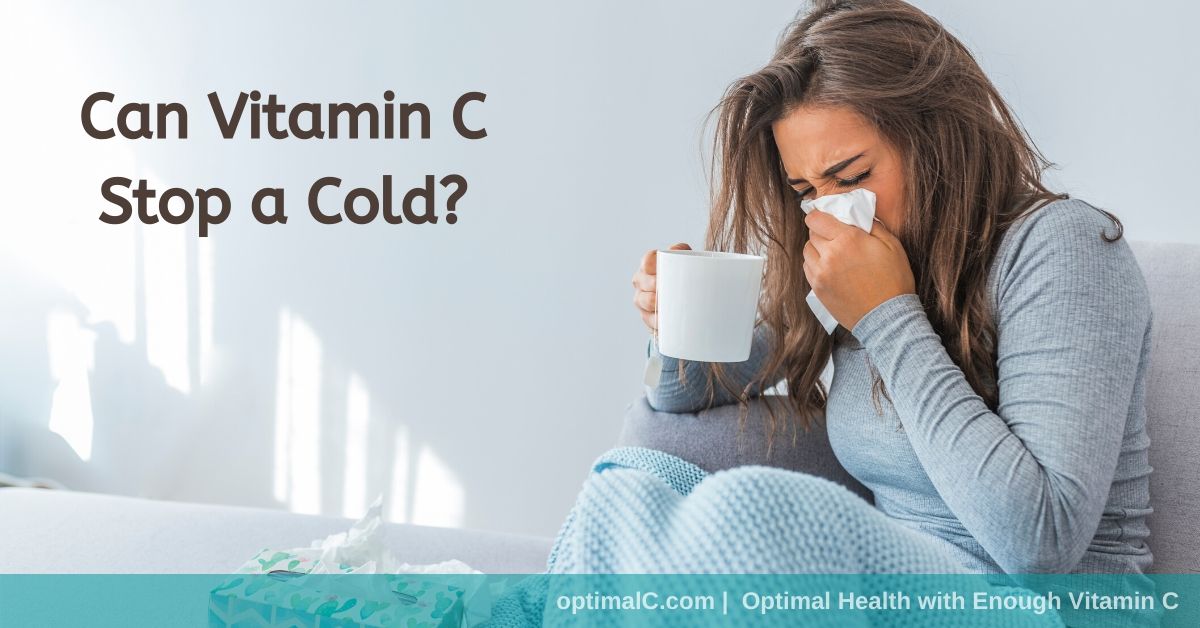
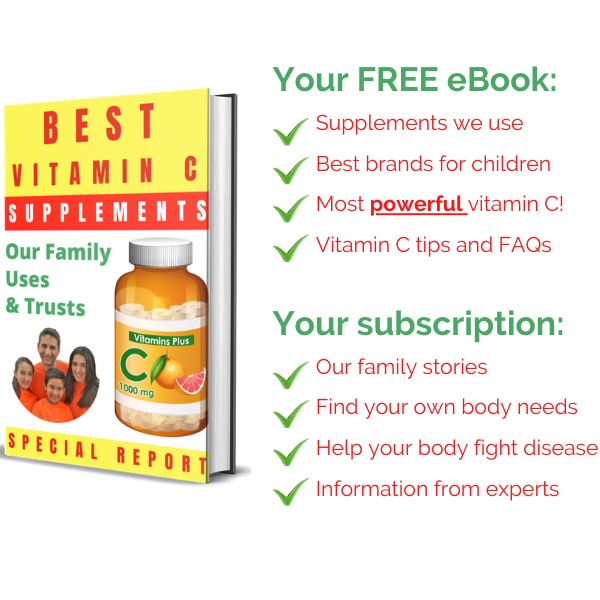

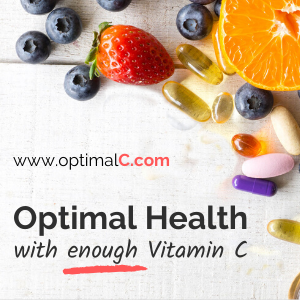
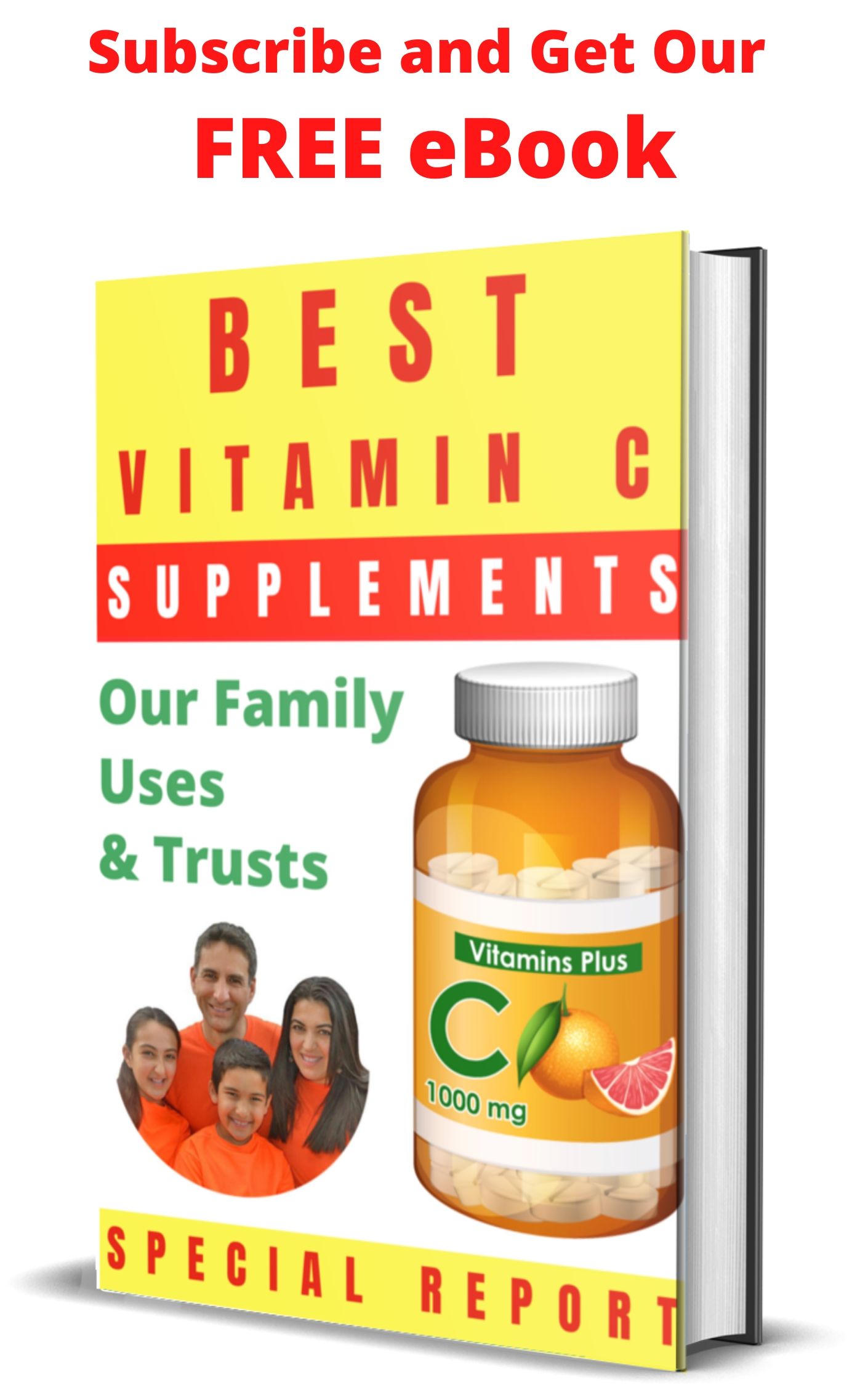

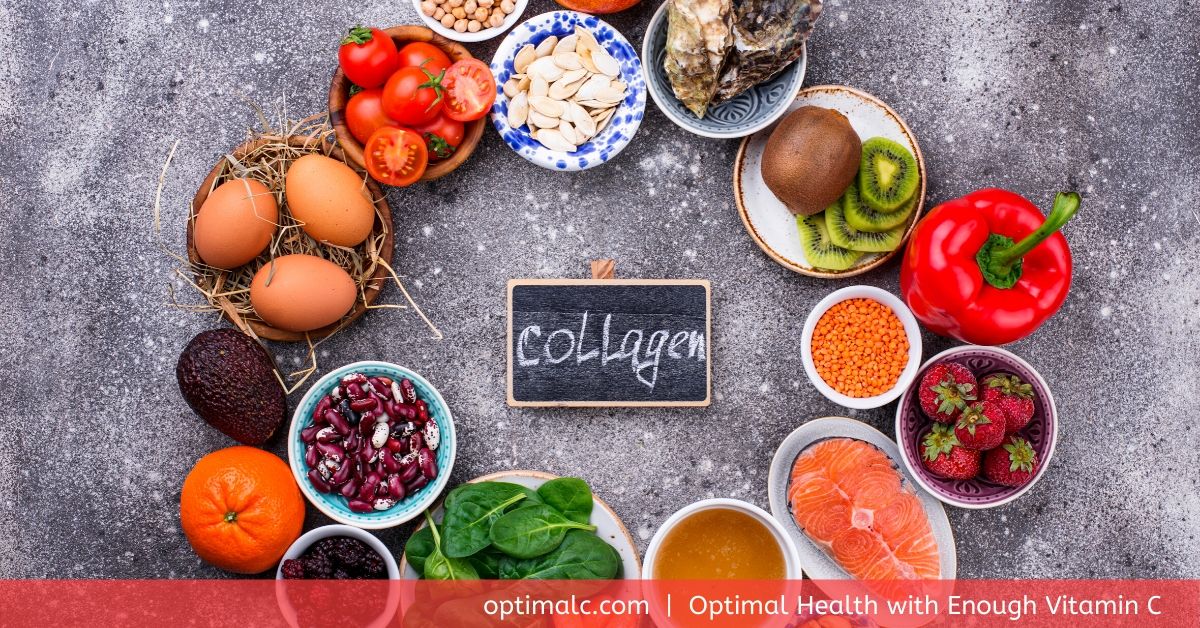

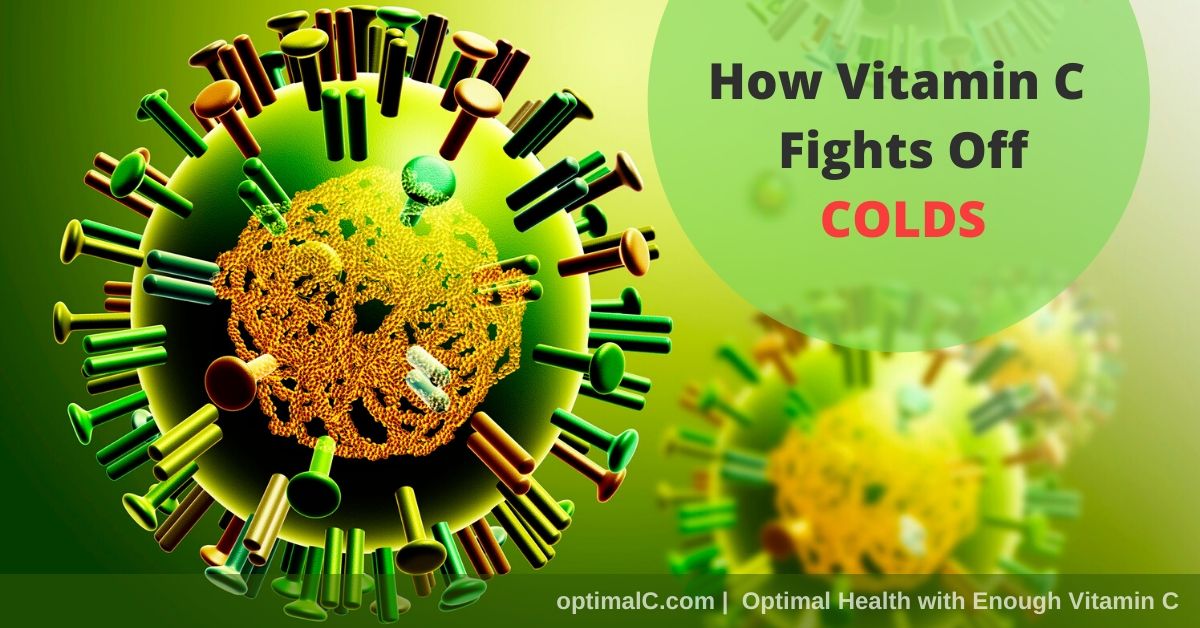
Facebook Comments
Have your say about what you just read! Leave a comment in the box below.